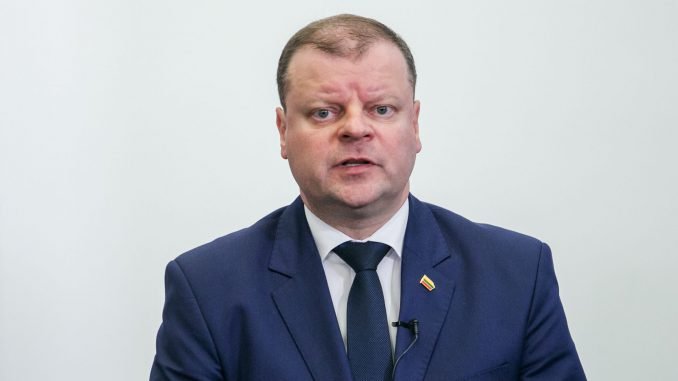
“We’ll have a meeting on Eastern policy. The minister, ambassadors, our people will attend the discussion”, the government’s Vice Chancellor Deividas Matulionis told BNS Lithuania on Friday.
In his words, the meeting will focus on relations with neighboring countries, including Russia and Belarus, as well as the European Union‘s Eastern Partnership countries of Ukraine, Georgia and Moldova.
“The aim is not to review our policy in some way but we have to have a better understanding of it, to see a wider and clearer picture. It’s not a new initiative. We want to see what the prospects are and whether they exist at all”, the diplomat said.
According to diplomats, Lithuanian Ambassador to Russia Remigijus Motuzas, Ambassador to the EU Jovita Neliupšienė, Ambassador to Belarus Andrius Pulokas and Ambassador to Ukraine Marius Janukonis will attend the meeting.
Earlier this year, Prime Minister Skvernelis called on restoring political contacts with Russia, sparking criticism from President Dalia Grybauskaitė.
The prime minister and his supporters say communication channels are necessary to implement effective policy and solve problems the country’s people, companies, institutions or organizations are facing. Closer contacts with the Russian enclave of Kaliningrad are also needed, the prime minister believes.
Major Western countries maintain relations with Russia at the highest presidential or prime ministerial level, and Eastern European countries, which are more critical of Moscow, are dosing so at the ministerial or vice ministerial level.
Critics say a change in Lithuania’s position might be viewed as complacency and recognition that Lithuania is partly to blame for worse bilateral relations, which in turn might undermine efforts to sustain EU discipline and consistency in extending sanctions against Russia and providing support to Ukraine.
Skvernelis’ opponents claim the prime minister is using foreign policy issues for internal policy reasons, and that internal tension and disputes among major state institutions are beneficial for the Kremlin and its propaganda.

Be the first to comment